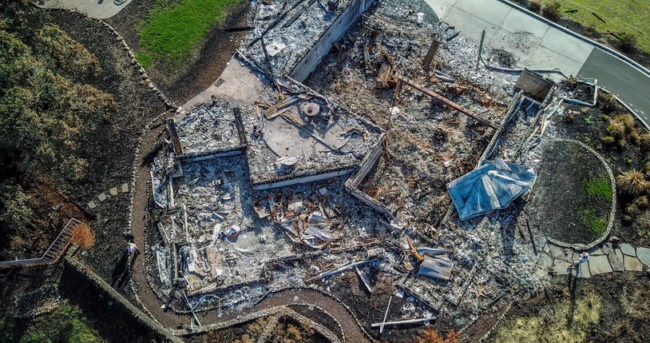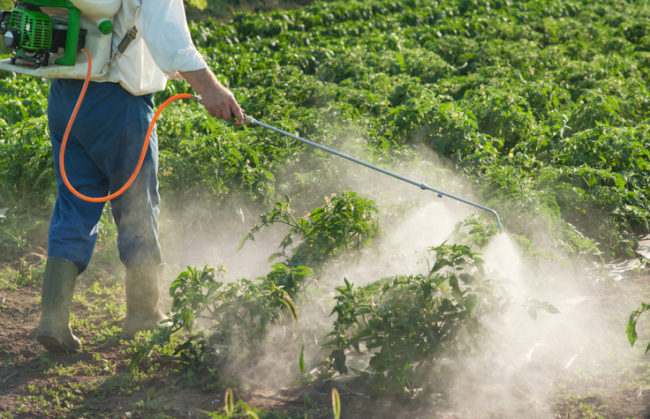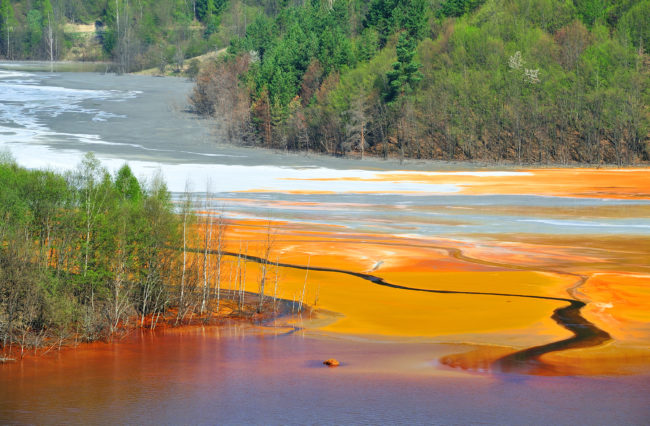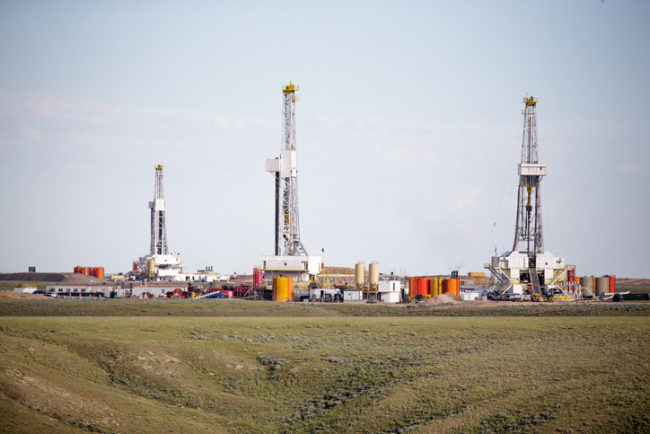Late last year, we reported on the looming environmental threat of the 2017 California wildfires. The threat has become reality with respect to two contaminants in particular: benzene and arsenic.
As reconstruction moves forward in Northern California this year, real human health hazards created by the devastating fires are now present. Municipal officials in Fountaingrove, California have found elevated benzene readings in hundreds of samples of drinking water over the last several months, and the city is evaluating the necessity of replacing large portions of …
Continue Reading









